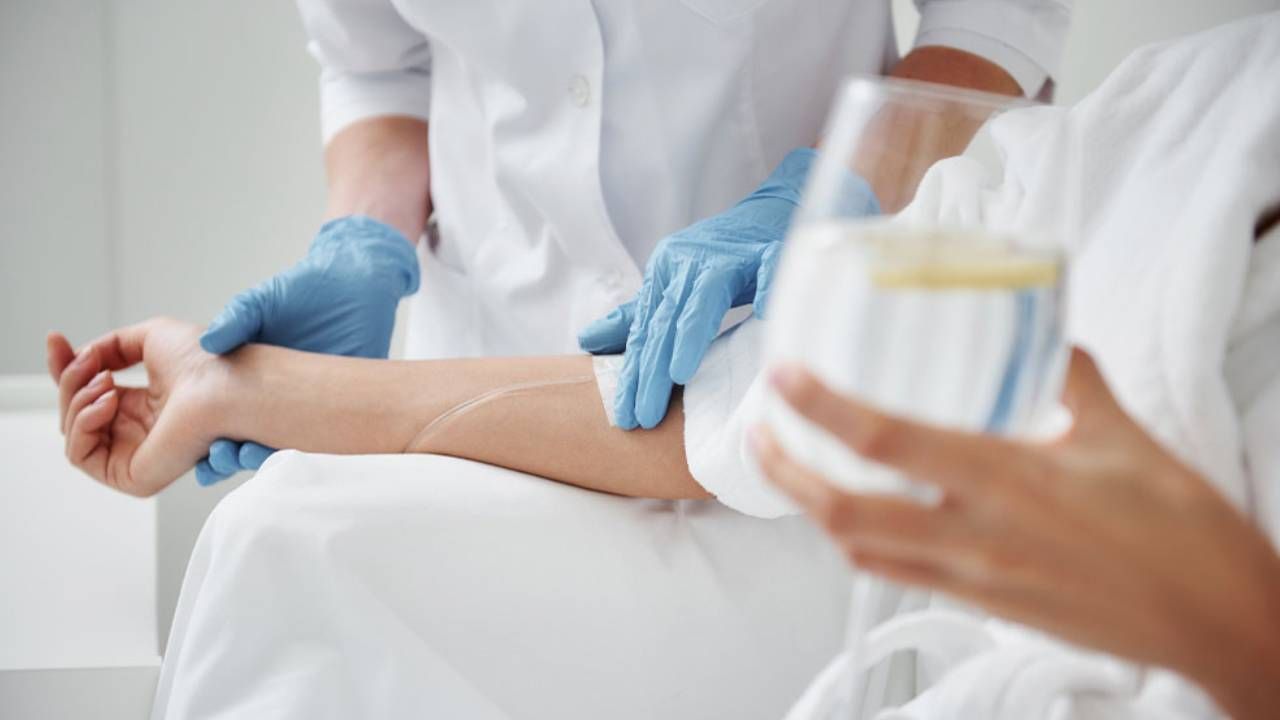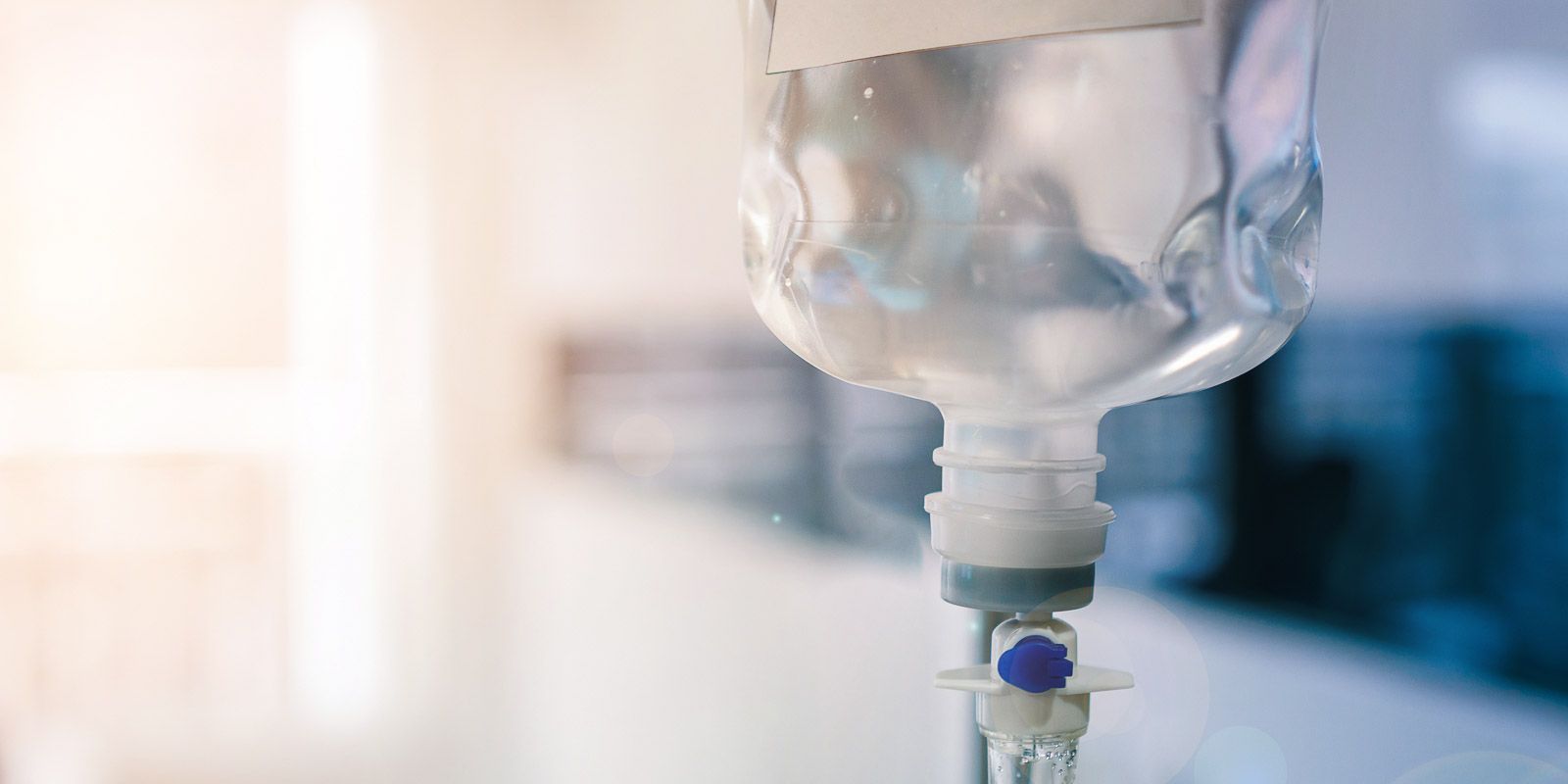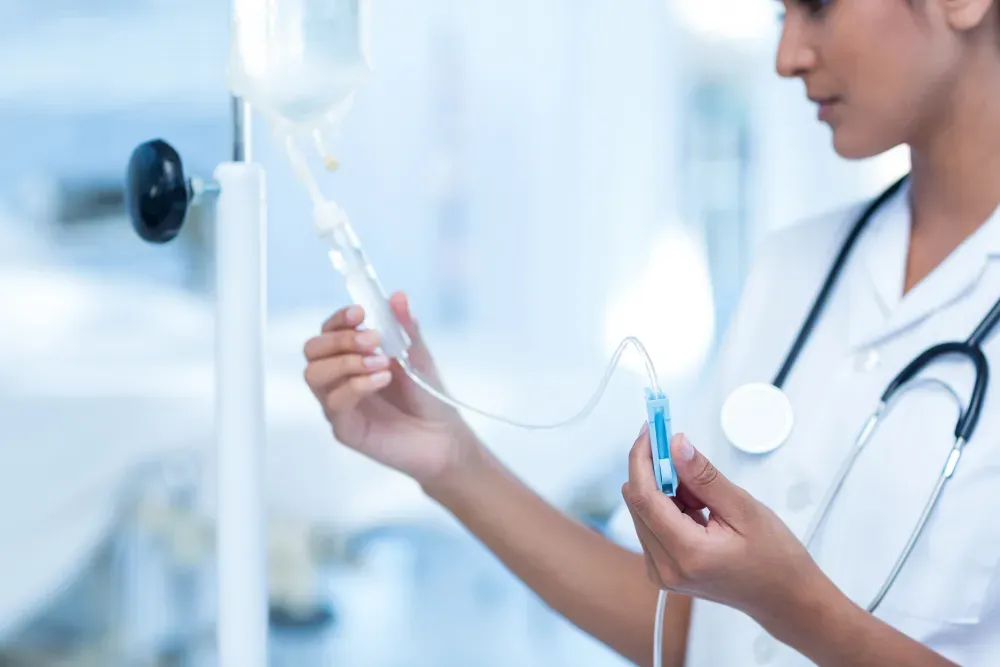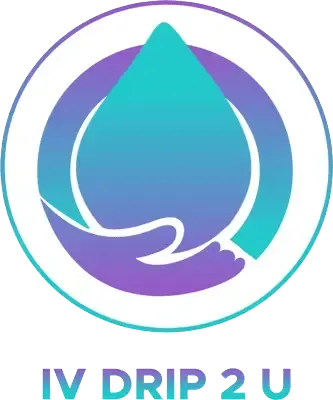IV Hydration vs. Water: Breaking Down the Benefits
Staying hydrated is one of the most fundamental components of human health. But with the rise of modern wellness practices like intravenous (IV) hydration therapy, the age-old question has been revisited—which is better: IV Hydration vs Water?
While most of us instinctively reach for a glass of water after a workout or during a hot day, IV hydration is gaining popularity for its speed, efficiency, and nutrient delivery. From celebrities and athletes to the average person recovering from illness or a hangover, IV therapy is rapidly becoming a go-to wellness tool.
This article explores the benefits, drawbacks, and comparisons between drinking water and IV hydration to help you make informed decisions. And yes, we’ll also cover when to consider services like Mobile IV Therapy Service and how to Contact professionals if needed.

IV Hydration vs Water
The debate between IV hydration and traditional water consumption boils down to one thing—how fast and efficiently your body gets what it needs. Water goes through the digestive system, while IV hydration skips digestion and directly enters the bloodstream. This results in instant hydration and faster symptom relief.
Science Behind Hydration
Water is essential, yes. But hydration isn’t just about fluid—it’s also about electrolytes, nutrient absorption, and cellular activity. While oral water hydrates over time, IV hydration provides immediate balance by infusing your body with electrolytes like sodium, potassium, and magnesium right where they’re needed most.
What is IV Hydration?
IV hydration involves inserting a catheter into a vein and delivering a sterile solution of fluids and nutrients directly into your bloodstream. This process is commonly done in clinical settings but is now widely accessible through Mobile IV Therapy Service.
It typically includes:
- Saline solution
- Electrolytes
- Optional vitamins (like B12, C, or glutathione)
What is Oral Hydration?
Oral hydration is the act of drinking water or fluids. The body absorbs water primarily in the small intestine after passing through the stomach. This process is slower, and less effective when your body is in distress or severely dehydrated.
Comparative Benefits of IV Hydration
Here are some top benefits of IV hydration:
- Rapid rehydration within minutes
- Customizable nutrient blends for energy, immunity, and recovery
- Bypasses digestion, ideal for people with nausea or gut issues
- Immediate symptom relief for migraines, fatigue, or jet lag
Comparative Benefits of Water
Water is:
- Accessible, cost-effective, and sustainable
- Essential for long-term health
- Supports natural detoxification
- Promotes a consistent hydration habit
Drinking water also provides subtle benefits like teeth and mouth cleanliness, which IV hydration cannot.
Medical Uses of IV Hydration
IV therapy is often used for:
- Hangovers
- Heat exhaustion or stroke
- Flu and food poisoning
- Athletic overexertion
- Chronic fatigue syndrome
- Chemotherapy support
In emergencies, IV is life-saving.
When Water is Not Enough
Water alone may not work when:
- You’re vomiting or have diarrhea
- You’re experiencing extreme heat exposure
- You're in critical care or surgery recovery
- You’re dealing with severe fatigue or flu
Performance Enhancement
Athletes swear by IV hydration. It helps:
- Reduce muscle fatigue
- Speed up recovery
- Restore electrolyte balance lost in sweat
- Improve endurance and cognitive focus
Hydration for Immunity
Proper hydration, especially with IV therapy, supports:
- White blood cell movement
- Lymphatic drainage
- Nutrient transport to fight off illness
Rehydration After Illness
After the flu, COVID, or food poisoning, IV hydration accelerates recovery by restoring fluid balance and boosting your immune system more quickly than water alone.
Hydration During Travel
Jet lag, dry airplane air, and altitude changes can wreak havoc. IV hydration before or after a flight can:
- Reduce fatigue
- Hydrate skin and body
- Improve clarity and mood
Hydration and Skin Health
Beauty IV drips that include vitamin C and glutathione hydrate from within, often leading to:
- Plumper skin
- Fewer wrinkles
- Brighter complexion
Mental Clarity and Focus
The brain is 75% water. Lack of hydration reduces focus and memory. IV therapy improves brain function faster, especially if enriched with B-complex vitamins.
Hydration and Weight Loss
Staying hydrated:
- Boosts metabolism
- Reduces unnecessary snacking
- Supports fat-burning during exercise
Some IV blends contain metabolism-boosting nutrients like L-carnitine.
Safety Considerations
Water is generally risk-free. IV therapy, while safe in professional hands, must be administered by licensed providers. Risks may include:
- Vein inflammation
- Infection
- Allergic reaction
Hydration Myths Debunked
- Myth: You need 8 glasses a day.
- Truth: Needs vary per person and activity level.
- Myth: IVs are only for hospitals.
- Truth: Mobile IV Therapy Service now offers at-home treatments.
Personalized Hydration
IVs can be tailored with:
- Vitamin C
- Magnesium
- Glutathione
- Amino acids
This is something drinking water simply can’t do.
Who Should Avoid IV Hydration?
- People with kidney or heart conditions
- Those allergic to IV components
- Children under a certain age (unless prescribed)
Technology in Hydration
- Smart water bottles with hydration reminders
- IV apps to book treatments on demand
Mobile IV Therapy Services
One of the biggest shifts is hydration-on-demand through providers like Mobile IV Therapy Service. You don’t even need to leave your couch—just Contact and schedule a session at home.
Environmental Impact
IV therapy produces more medical waste, while water bottles create plastic pollution. Use refillable bottles and only IVs when necessary.
Legal and Ethical View
While legal, frequent non-medical IV use is under scrutiny. Ensure your provider is:
- Licensed
- Transparent with ingredients
- Compliant with health regulations
Hydration in Extreme Situations
Whether you're:
- Running a marathon
- In desert heat
- Recovering from surgery
IV hydration is the super tool when your body is screaming for help.
Hydration for the Elderly
Elderly people often forget to drink. IV therapy helps prevent:
- Dehydration-related confusion
- Dizziness
- Kidney strain
Hydration in Children
Oral rehydration is best for kids, but IV is used during serious cases like:
- High fever
- Vomiting
- Flu complications
Choosing What’s Right for You
Ask yourself:
- Are you healthy?
- Do you need a quick boost?
- Can you afford the therapy?
If yes, IV therapy might be a game-changer.
FAQs
Is IV hydration better than water?
IV hydration is more efficient but best used when necessary—not for daily hydration.
Can I use IV hydration at home?
Yes! Services like Mobile IV Therapy Service offer in-home treatments.
Is drinking water enough?
Yes, for daily hydration. IV is for special cases—illness, fatigue, intense exertion.
Is IV hydration safe?
Yes, when administered by professionals. Always Contact certified providers.
What’s in an IV hydration bag?
Typically saline + vitamins like B12, C, magnesium, and antioxidants.
How long do IV therapy effects last?
Benefits can last from hours to days depending on your body and the nutrients used.
Conclusion
In the showdown between IV hydration vs water, there’s no real winner—only the right choice for the right situation. Water is a necessity. IV hydration is a luxury and sometimes a lifesaver. Use both wisely to maintain peak performance, health, and energy.
Links:



